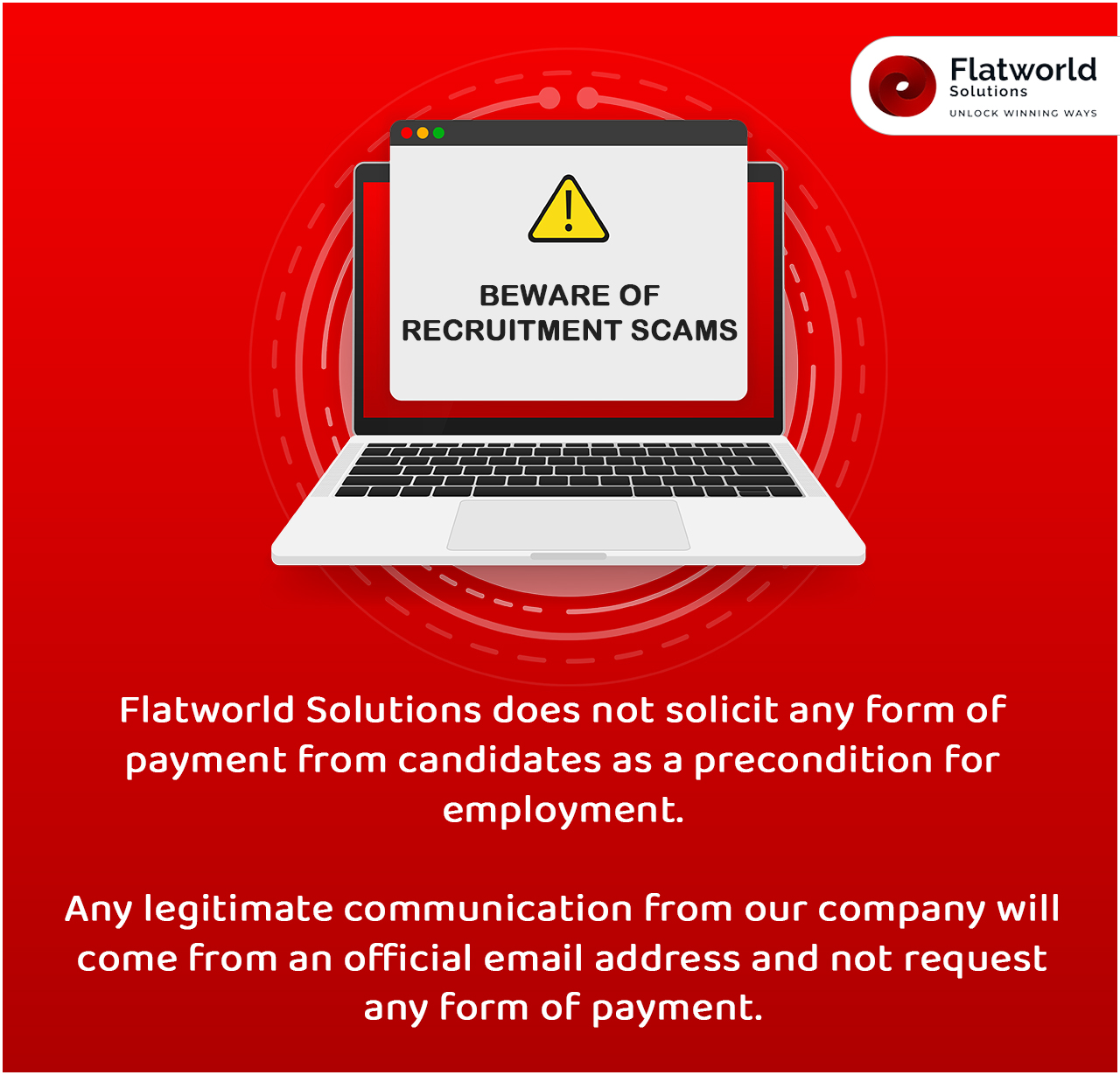The medical world underwent groundbreaking transformations over the last 20 years to include Artificial Intelligence (AI) in its medical processes. Doctors with more than a decade of experience are struggling to keep up with AI's advanced software which can detect patterns in deep layers of data that infer to the future medical treatment opportunities.
Today, deep learning is fundamental to the survival of established and rising hospitals, pharmaceuticals, and biotech companies. The following questions arise when identifying future goals of medical practitioners -
- What diagnosis options will allow them to stay afloat amidst growing AI usage and reliance?
- Which options will help project them above current operation capabilities?
- Which options will make patient diagnosis faster and save costs?
Artificial Intelligence: Changing the Way Medical Diagnosis are Made
One of the largest distinctions between AI and medical professionals is the time saved between tests and treatments. AI software can mine through medical records, improve the reading of CT scans and x-rays, as well as detect anomalies that allow for preliminary diagnosis and thus more preventative treatments, all within a matter of minutes.
In 2016, an AI programmed computer completed an in-depth research and analysis on a 60-year-old patient to discover that she was suffering from a rare type of leukemia. The AI took 10 minutes to evaluate what would take doctors weeks to achieve. These are merely a few examples of the ways AI can shape the future of medicine. Wouldn't it be wonderful to receive a diagnosis in 10 minutes instead of waiting weeks? This could be critical for a patient suffering from cancer or more serious illnesses.
Artificial intelligence is more efficient and accurate than doctor originated patient diagnosis. Not only was AI found to improve the outcome of diagnoses by more than 40% accuracy, but it has the potential to save hospitals up to 50% in treatment costs. When AI is used properly, it can enhance early diagnosis, cut down the costs of unnecessary treatments, and transform the future of artificial intelligence in healthcare.
Can artificial intelligence beat dermatologists or any other doctors to an earlier diagnosis is not the only question. Can AI replace doctors in the future, is what's worth finding out.
Future of Artificial Intelligence in Medicine
Leveraging artificial intelligence to expedite patient diagnosis has proven to be increasingly more cost-efficient and accurate compared to traditional means of diagnosis. In 2017, AI software was trained to read over 130,000 images and classify the types of skin cancer. The results proved that AI could identify the most common type of skin cancer (keratinocyte carcinoma) from the deadliest type (malignant melanoma).
When artificial intelligence is programmed for deep learning, it is able to distinguish patterns of cancer, viruses, and illness. Not only does this cut the length of the diagnosis process down, but also makes disease identification a more precise science. Now the application of AI to identify skin cancer has culminated to bypassing dermatologists' 86.6% correct identification percentage to more than 95%.
Artificial intelligence in disease identification is now easier and intervention is faster. Dermatologists and doctors spending hundreds of thousands of dollars to gain field expertise are being outperformed by AI. Through deep learning, the future of AI in medicine has the capabilities to execute simultaneous tasks, process and analyze thousands of images and determine a diagnosis from hundreds of possibilities. Yet the largest obstacle which hospitals and biotech companies face is how to incorporate such important technology into their business.
Companies with established and reputable data science and AI systems understand the importance in implementing such technology correctly in order to reap the most accurate and time-bound results. The development of AI has opened new opportunities for patient diagnosis to be cost and time efficient. The most effective way of maximizing results for patient diagnoses is to outsource this task to a reliable artificial intelligent service provider.
Advantages of Artificial Intelligence in Healthcare
There are numerous substantial rewards of utilizing artificial intelligence in healthcare, including -
- Disease Identification - When we employ artificial intelligence to identify diseases, it decreases time-bound lab analysis and diagnosis. Sending medical records to a lab or professionals around the world takes days, weeks, or even months to process. When we utilize deep learning AI algorithms, it shortens diagnosis decisions. The key is to incorporate AI along with deep learning and predictive analytics to develop machine learning based automation solutions.
- Preventive Treatments - Artificial intelligence in healthcare allows companies to focus on more preventative and powerful treatments. Efforts are being made to wield AI towards precautionary developments like breast screenings, retinal scans, ultrasonic scans of the heart, and others. It is no longer enough to wait for extreme and invasive symptoms of diseases and illnesses for treatments to be prescribed. AI prioritizes early detection and preemptive treatments in order to increase survival rates and effective treatment.
- Cost Savings in the Long Run - Artificial intelligence when unified with business needs can help organizations save up to 50% operational and treatment costs. Rather than spending unnecessary funds and resources on nonessential operations and treatments, AI can help organizations prioritize effective and purposeful actions. Artificial intelligence amplifies sourcing the best treatment against skin cancer and other diseases. As an alternative to costly equipment is a deep learning AI network that works endlessly for rapid results.
- Improves Accuracy and Efficiency - Artificial intelligence can be used to improve medical tool precision and efficiency in skill and energy requirements. AI can replace doctors in the future that retain the ability to learn and diagnose accurately. Incorporating AI as a healthcare tool promotes strategic and streamlined processes that upgrades the caliber of service to a new level.
- Quicker Patient Diagnosis - Finally, through the partnership with dependable AI service providers, more advanced treatment can be provided alongside quicker patient diagnosis. When we use artificial intelligence to identify skin cancer, we are moving toward the future of accessible and cost efficient healthcare treatment.
Verdict - AI Can Beat Doctors in Patient Diagnosis
We have seen the gradual reconstruction of the medical world that incorporates AI and has considerable effect on medical processes. To conclude, it has been confirmed that AI can beat doctors in patient diagnosis. Here is a simple summary of AI's comparison to doctors' diagnosis -
- Artificial intelligence surpasses the doctors' speed in patient evaluation and conclusions
- Artificial intelligence offers multiple approaches that outperform doctors' accuracy and precision in their diagnostic methods
- Artificial intelligence offers an alternative to the costly manual diagnosing tests with their diagnosing software that can be run at a fraction of the cost
- Artificial intelligence reduces prolonged detections and will posit the future of healthcare toward more productive, sustainable and cost-effective care
Needless to say, the future of AI in patient diagnosis is bright, and we will find many hospitals, healthcare practitioners, and healthcare companies rooting for it and utilizing it for highly accurate and fast patient diagnosis.
Leverage Flatworld's AI Expertise for Fool-proof Medical Diagnosis
At Flatworld Solutions, we have an established data science and deep learning center that is well-equipped to integrate AI into your unique business needs. Additionally, we have vast experience in customized software development and can develop unique and intelligent software or apps for your healthcare facility. Our multi-domain expertise allows us to cater to all kinds of healthcare BPO requirements, and develop intuitive software which makes use of Artificial intelligence, Machine Learning algorithms, cognitive computing, and predictive learning.
The standard for expedited accuracy and excellence is understood and recognized throughout our work. We grasp how critical swift analyzing and accurate diagnosis is for your company and your patients. Reach out to Flatworld Solutions to find out more about our revolutionary data science and AI technology!
Contact UsCase Studies
-
Flatworld Provided Chart Extraction to a Risk Adjustment Solutions Provider
-
Flatworld Helped a South African Automobile Company With Digital Transformation
-
Flatworld Helped a Leading LA-based Bank to Reduce Client Onboarding Time
-
Flatworld Helped a Healthcare Back-office Service Provider to Broaden Its Services
-
Flatworld Provided RPA Services to a Leading Electronics Solution Provider

USA
Flatworld Solutions
116 Village Blvd, Suite 200, Princeton, NJ 08540
PHILIPPINES
Aeon Towers, J.P. Laurel Avenue, Bajada, Davao 8000
KSS Building, Buhangin Road Cor Olive Street, Davao City 8000
INDIA
Survey No.11, 3rd Floor, Indraprastha, Gubbi Cross, 81,
Hennur Bagalur Main Rd, Kuvempu Layout, Kothanur, Bengaluru, Karnataka 560077


